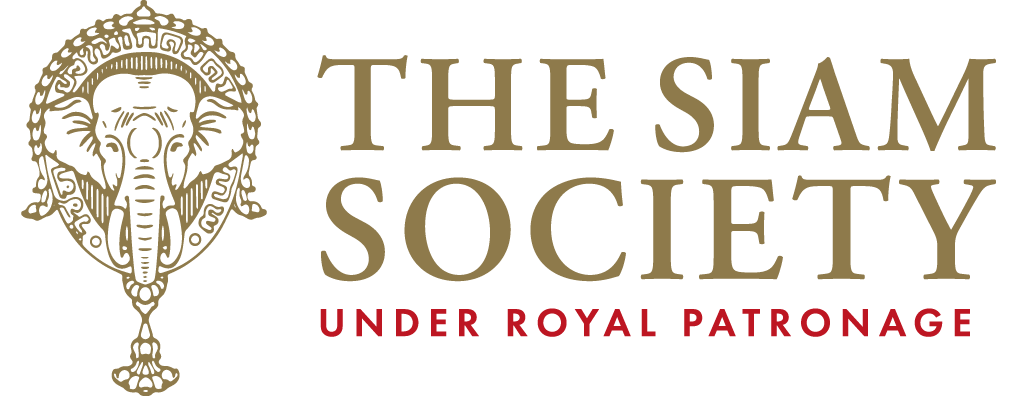Climate and Society in Eurasia During the Common Era
Tree rings, ice cores and marine sediments, to name just a few sources for paleoclimate research, leave no doubt that climate changed over the past millennia. However, they say very little about the impacts of climate change on human societies over that time. Intuitively and faced with the threats that Global Warming poses to humankind in the 21st century, we might assume a determining role of climate in the fate of past civilizations. Whether it is the Mayas, the Roman Empire, or the city of Angkor, it seems widely accepted that their rise and fall were linked to beneficial and adverse climate eras. However, we must avoid taking the easy road of environmental determinism. Complex societies never were passive subjects to environmental forces. Moreover, progress in paleoclimate studies over the past decade has fundamentally changed our views on how climate changed over the past millennia, offering nuance to the climate eras that dominated earlier discussions. Paleoclimatology has also shown that current Global Warming is much more extreme than any previous changes in the later Holocene. This lecture seeks to find insights in a comparative approach, arguing that the link between weather, climate, crops food supply, and political stability is not so straightforward. The main conclusion will be that among complex past societies, the long-term impact of climatic changes on population and resources is predominantly determined by and in interaction with societal factors.
About the speaker
Paul Erdkamp is Professor of Ancient History at Vrije Universiteit Brussels, Belgium. He teaches Ancient History, specializing in the Roman World, with a particular interest in climate change, economy, and food supply. He also works on Roman historiography and environmental and social aspects of the army and war. He studied History at the Radboud University in Nijmegen. In 1998 he obtained his doctorate cum laude. Having taught Ancient History at the Universities of Edinburgh, Nijmegen, and Utrecht, he became a postdoctoral Research Fellow at Leiden University. In 2007, he became Professor of Ancient History at the Vrije Universiteit Brussel (now holding the grade of full professor). Momentarily, he is chair of the Department of History, Archaeology, Art Studies, and Philosophy.
When
Where
Admission
Members and Students (to undergraduate level) — Free of charge
Non-Members — THB 200
For more information, please contact
To book your place, please contact Khun Pinthip at 02 661 6470-3 ext 203 or pinthip@thesiamsociety.org
More upcoming lectures
-
 Preserving Samsara III: Photographic Recollection of PakistanLecturesThursday, 25 July 2024 at 19:00
Preserving Samsara III: Photographic Recollection of PakistanLecturesThursday, 25 July 2024 at 19:00 -
 This Fresh Existence: Heart Teachings from Bhikkhuni DhammanandaLecturesThursday, 1 August 2024 at 10:30
This Fresh Existence: Heart Teachings from Bhikkhuni DhammanandaLecturesThursday, 1 August 2024 at 10:30 -
 Snowland Arts: Making the Community a Better Place, One Artist at a TimeLecturesSaturday, 3 August 2024 at 10:30
Snowland Arts: Making the Community a Better Place, One Artist at a TimeLecturesSaturday, 3 August 2024 at 10:30 -

